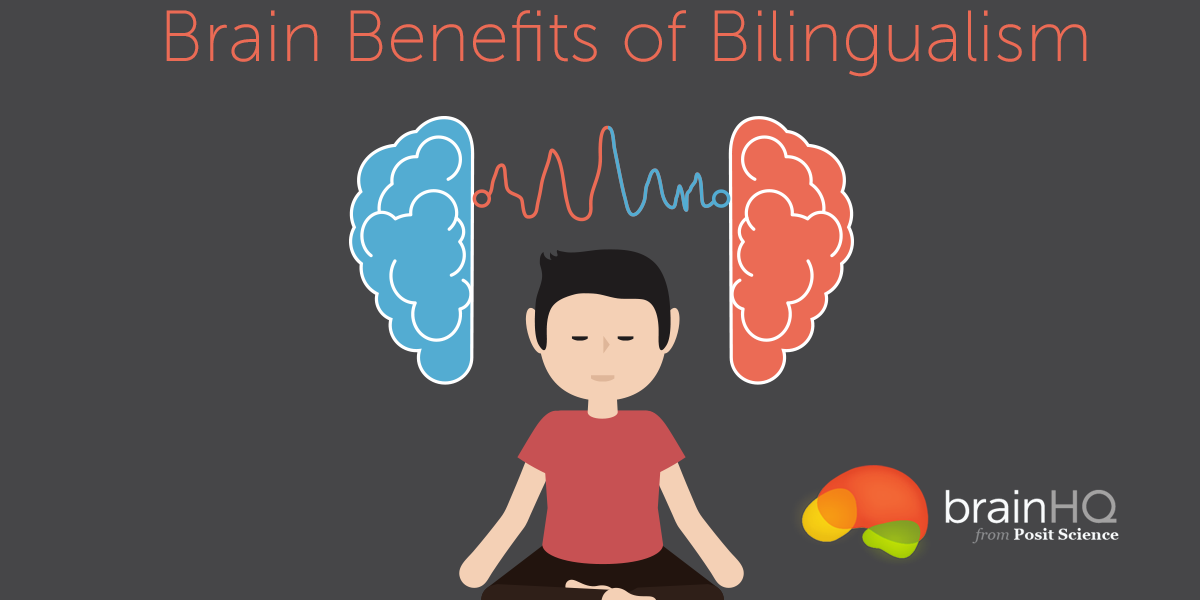Preventing Dementia
Bilingual adults with Alzheimer’s take twice as long to develop symptoms as their monolingual counterparts. The mean age for the first signs of dementia in monolingual adults is 71.4 and for bilingual it is 75.5.
Focusing on Tasks
Bilingual people display increased concentration on their assignments over their monolingual counterparts. They are more skillful at focusing on relevant information.
Switching between tasks
Bilinguals are skilled at switching between two systems in writing and structure—this makes them good multitaskers.
Improved Cognitive Skills
Bilingual people have sharper cognitive kills and keep their brain alert and active even when only one language is used.
Denser Grey Matter
Grey matter responsible for processing language, storing memory and dictating attention spans. Bilingual individuals have denser grey matter compared to their monolingual counterparts.
Improved Memory
Learning a foreign language involved memorizing rules and vocabulary. This mental exercise improves overall memory, making bilinguals better at remembering lists and sequences.
Improved Decision Making Skills
Bilingual speakers tend to make more reasonable decisions. Bilinguals are more certain of their choices after thinking them over in their second language.
More Awareness of Language
Learning a second language focuses on grammar and sentence structure, making bilingual speaker more aware of language overall. Learning a foreign language making Bilingual speakers more effective communicators, editors, and writers.







